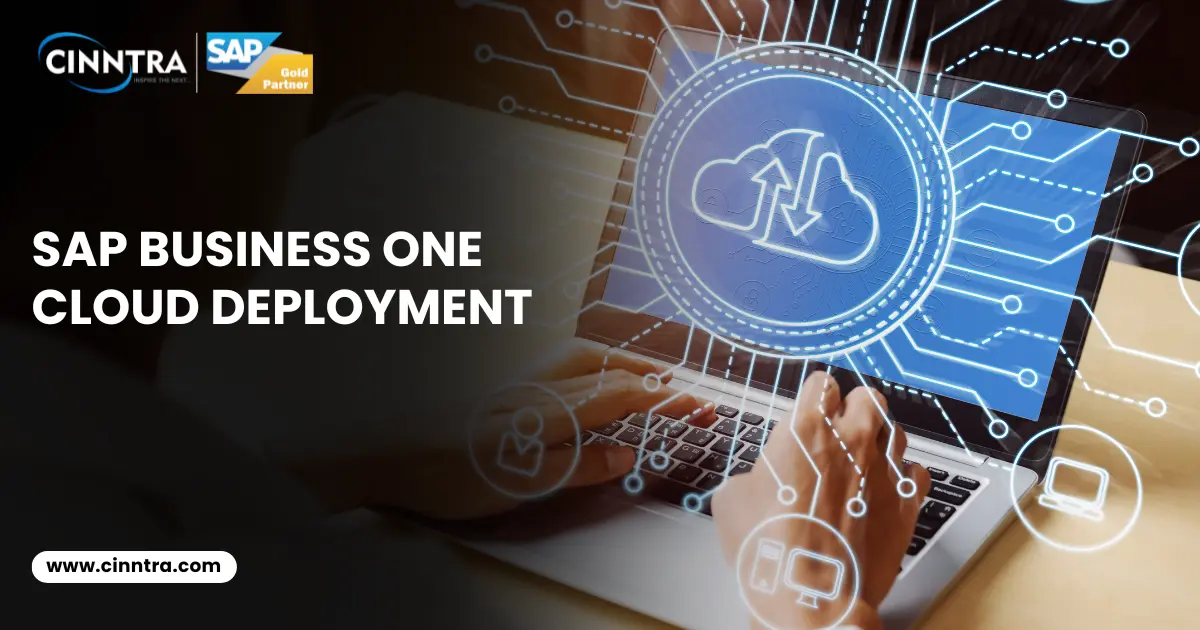Top 5 Benefits of ERP in Supply Chain Management

Supply chain management (SCM) used to be a challenging and occasionally time-consuming procedure for firms to cope with.
As time goes on, it is more crucial than ever for organizations to adjust their strategies to maintain agility. Smart software, like an Enterprise Resource Planning (ERP) system, is frequently used to do this.
By automating the SCM process, ERP integration enables firms to increase operational efficiency. An ERP solution conveniently integrates SCM and other crucial business functions into a single dashboard, eliminating the need for separate systems to handle them.
ERP streamlines business administration by integrating various systems, consolidating workflows, and managing information to improve operational effectiveness and success in everything from sales to human resource procedures.
What role does ERP play in supply chain management then? And why is it already being used by 50% of businesses? Let's examine more closely how supply chain management with ERP helps your company.
SCM is crucial to many firms, particularly those in the manufacturing industry.
For instance, manufacturers depend on a number of suppliers and partners who give them the precise quantities of supplies and resources needed to produce their products.
The distribution of these materials must comply with the manufacturer's production schedule and deadlines in order to be compliant with their agreement. SCM assists companies in lowering manufacturing costs while boosting facility productivity to improve product quality.
The management of SCM procedures gets more challenging as firms grow. For this reason, many firms use ERP systems to handle SCM.
ERP software uses centralized databases to expedite the entire process while also providing your team with a thorough, real-time view of corporate activities.
Benefits of using ERP for Supply chain management
Cost-optimization for IT and training:
ERP assists in integrating all IT costs, which subsequently increases overall efficacy. Utilizing a single system enables a business to save high-end operating expenditures and the need for further personnel training. Adopting ERP software enables the business to access practical information via a shared software platform. The optimum return on investment to support business expenses might be this.
Complete Visibility of Process Flow:
One of the key selling features for any ERP software is total visibility of the process flow. It enables total access to all business processes for improved traceability. And the users are given access to the pertinent data for each step in order to accomplish this. In the end, it results in activities being completed more quickly, allowing for timely delivery and precise tracking. Identification of the process flows is made simple by the user-friendly interface.
Planning and reporting are improved:
ERP software aids in better planning of corporate tasks. Implementing ERP software across numerous departments is always a smart move to improve reporting for critical operations and duties. The organization benefits from having a consistent reporting process at every stage. The planning and reporting tool aids in swiftly producing insightful information that can be used to reduce the scope of operational and logistical flaws.
Better problem solving & customer experience:
Since the data of customers and service partners is seamlessly streamlined, better customer services and problem-solving are possible. The sales force can concentrate on expanding its customer base and forging stronger connections thanks to the ERP software. For a firm to succeed, acquiring new customers is essential. The problem facing customers and service partners can really be resolved more effectively by the integrated platform.
Data Security:
ERP systems enforce tight data security and keep corporate data in the safest possible condition. Data is at the center of the entire ERP idea and software. Through the software, it is simple to manage the data by limiting who has access to view and update it. To enable safe access to the data for every level of management, the manager can allocate or limit the responsibilities in accordance with the organizational structure of the business.
Simple Supply Management waiting for you!
The ERP software offers sophisticated tools to enable error-free inventory control and monitoring. This efficiency in handling inventory avoids delivery errors of orders and lowers operating costs, boosting the turnover of the business.
Inventory is one of a supply chain's most crucial components. Its proper administration can save operating expenses while also boosting the company's turnover. ERP has a definite impact on supply chain management. Because of the growing market complexity, these programs have become an essential component of supply chain organizations.
We take great satisfaction in being a 360-degree ERP at Cinntra Infotech with a wealth of expertise in developing unique ERP software. Our development team has years of experience in the market creating unique ERP solutions to meet various corporate goals and demands.
Businesses can increase efficiency and improve inbound/outbound procedures by implementing ERP in supply chain management. Let's examine how ERP can improve supply chain management.



1 Comments
Cdrb Softwares
In this article, we'll look at the five best reasons why ERP should be used in SCM. The post is well-written and explains the benefits, which include higher transparency, higher efficiency, and lower expenditures. It's clear the author is an expert on the topic, and the advice given here is sure to be helpful to anyone thinking about using ERP for supply chain management. For More Info:-https://www.cdrbsoftwares.com/